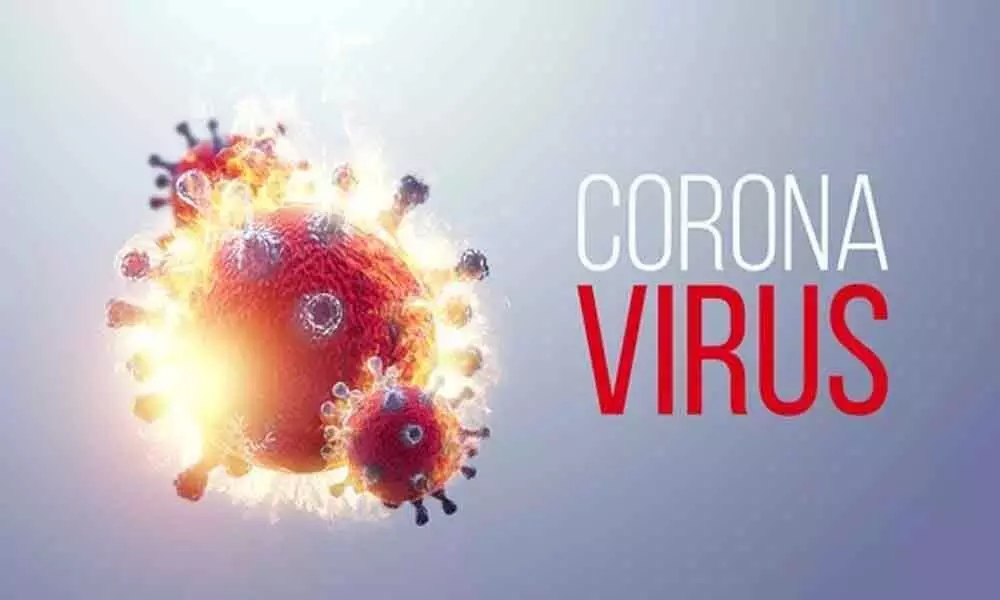Live
- World Liver Day 2024: Follow these easy lifestyle tips to cleanse and maintain a healthy liver
- Scholarships For Students
- What are the causes behind the increasing number of cancer cases
- Navigating Higher Education in US through scholarship
- Thrissur Pooram 2024: A Celebration of Tradition and Spirituality
- Akshaya Tritiya 2024: Date and Significance
- Kamada Ekadashi 2024: Date, Auspicious Timings And Significance
- Aamir Khan’s son Junaid wraps up filming for his second movie
- Vijay Sethupathi’s heartwarming gesture wins netizens’ hearts
- Excitement builds as Nabha Natesh and Priyadarshi paired up









